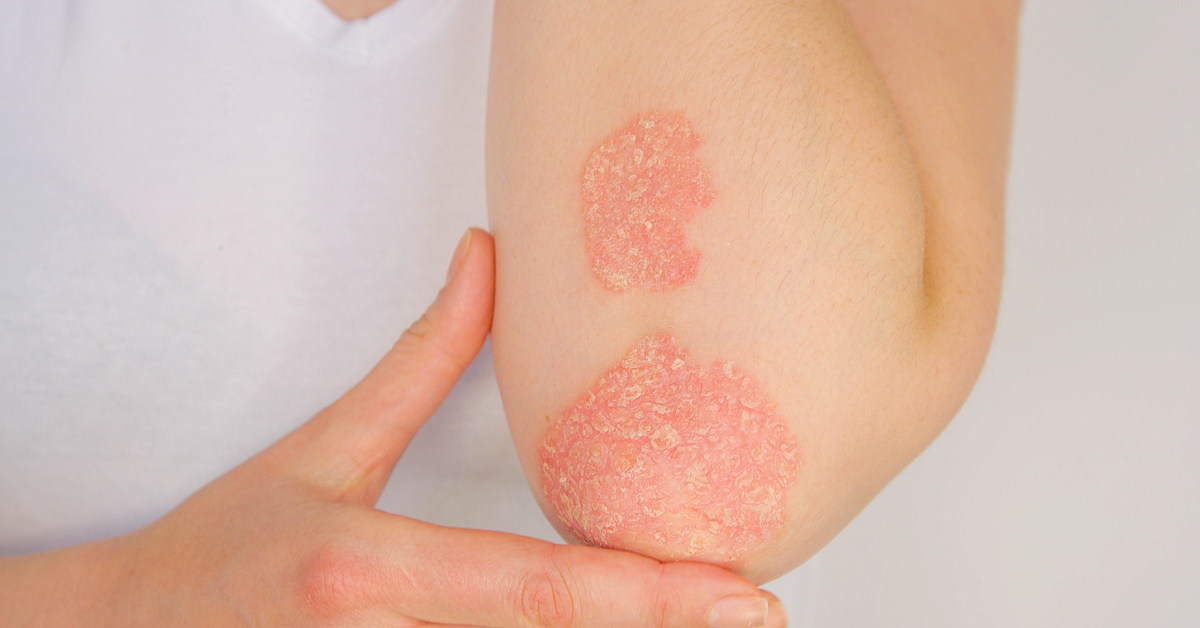Psoriasis is a non-contagious skin disorder in which the skin cells grow up to 10 times more than they should. The skin builds up into red itchy patches that have white scales covering it. Psoriasis develops in almost every part of the body but often grows on the knees, elbows, lower back and scarp. It is a chronic infection that has no cure and commonly affects adults.
However, there are available treatments that can help manage psoriasis symptoms. Below are some of the top lifestyle strategies and psoriasis tips that can help you cope and live better.
1. Keep Your Skin Moist
A skin moisturizer can go a long way in helping you deal with skin dryness, thus managing itchiness, scaling, soreness and redness. It would be best if you also avoided moisturizers that contain alcohol or fragrance. It is advisable to use ointments or heavy creams that can lock in water. Cooking oils can also offer a cost-effective or natural psoriasis relief.
Taking short showers with somewhat warm water can also protect the moisture of your skin. The soaps being used must also be free from fragrance. A moisturizer should always be applied after a shower.
2. Manage Stress
Inflammation is one of the ways that your body deals with stress. Having some pressure can trigger the inflammation and consequently, the flare-ups. People who have psoriasis tend to have an immune response that releases too many biochemicals that are also released during an injury or an infection. You should consult a specialist to get the best psoriasis help if your anxiety or stress is as a result of the disease.

3. Heal with the Sun
The abnormal growth of skin cells can be regulated by the sunlight ultraviolet (UV) light. The sunlight can offer psoriasis help by soothing, improving, and healing lesions caused by the condition. Two or three times per week of small sun doses would be of great help. You should also keep in mind the risk of skin cancer posed by too much sunshine. Sunscreen will help you protect the healthy skin.
4. Consider a Balanced Diet
Although there is no scientific research that links a nutritious diet to psoriasis, there are pieces of evidence suggesting that your eating habits can increase the chances of getting psoriasis or how the condition responds to the medication. A healthy diet and regular exercises can give a psoriasis relief, more so in obesity or overweight people. Omega-3 fatty acids will also offer psoriasis help as they reduce inflammation.
5. Quit Smoking and Alcohol Consumption
Smokers who have psoriasis increase the chances of developing an autoimmune condition such as Crohn’s disease. There is also the risk of increased psoriasis flares and inflammation that would affect the liver, heart blood vessels and gums. Alcohol consumption, on the other hand, interferes with the efficiency of the prescribed medications and thus intensifying the psoriasis symptoms.
Following your plan of treatment as prescribed by a specialist is the best psoriasis help and the first step in managing the disorder. However, you cannot keep the symptoms completely at bay, and hence you will need to adopt the psoriasis tips mentioned above to minimize them and get quick relief.